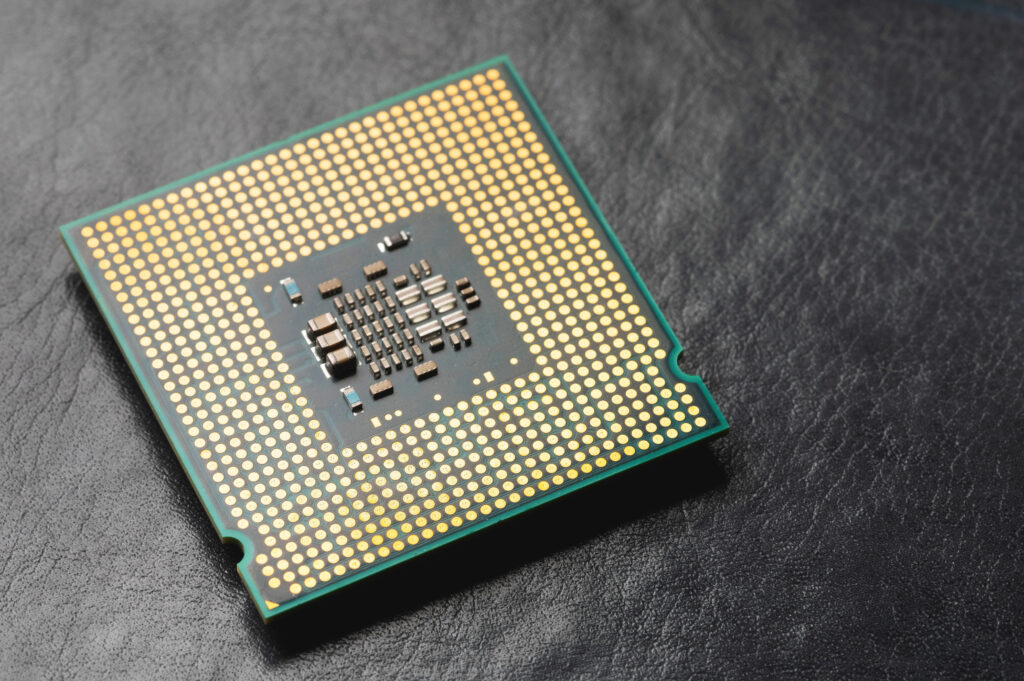
The Top 5 Events That Forever Changed Information Technology
The field of Information Technology (I.T) has undergone transformative changes throughout its history. From groundbreaking inventions to global challenges, these events have shaped the way we interact with technology. In this blog post, we’ll explore the top 5 events that have left an unmistakable mark on the world of I.T.
1. Invention of the Microprocessor (1971):
In 1971, Intel released the first microprocessor, creating a pivotal moment in computing history. The microprocessor, a tiny chip that acted as the brain of a computer, revolutionized computing power. This breakthrough allowed for the development of smaller, more powerful computers that paved the way for the digital age.
2. Creation of the World Wide Web (1989-1990):
Tim Berners-Lee’s invention of the World Wide Web in 1989-1990 changed the way we communicate and access information. The web became a global platform for sharing data, knowledge, and resources. This event laid the foundation for the internet as we know it today, connecting people across the globe and facilitating the exchange of information on an unrivaled scale.
3. Y2K Bug (2000):
As the new millennium approached, concerns about the Y2K bug were at its peak. The Y2K bug was a potential computer glitch caused by the inability of older systems to properly process the change from 1999 to 2000. The global effort to prevent system failures highlighted the importance of thorough software testing and system maintenance. Although the doomsday scenarios were largely averted, the Y2K bug underscored the critical need for optimal and reliable software systems.
4. Smartphone Revolution (late 2000s):
The late 2000s witnessed the introduction of smartphones, with the iPhone leading the way in 2007. Smartphones transformed how people interacted with technology by merging communication, entertainment, and computing into a handheld device. The app industry flourished, giving rise to a new era of mobile computing. This revolution not only changed consumer behavior but also influenced the development of countless industries.
5. Cloud Computing (2000s):
The emergence of cloud computing services, exemplified by platforms like Amazon Web Services (AWS) and Google Cloud Platform, reshaped the way data is stored, processed, and accessed. Cloud computing eliminated the need for physical infrastructure, allowing businesses and individuals to leverage scalable and cost-effective computing resources. This shift has had a huge impact on IT infrastructure, enabling greater flexibility, collaboration, and innovation.
These five events have played a crucial role in shaping the landscape of Information Technology. From the foundational microprocessor to the transformative power of the World Wide Web, and the impact of smartphones and cloud computing, each event has left an enduring legacy. As we continue to witness technological advancements, it’s important to reflect on these pivotal moments that have propelled I.T into the digital age.
Contributed by Heather Halphen
Related Articles: